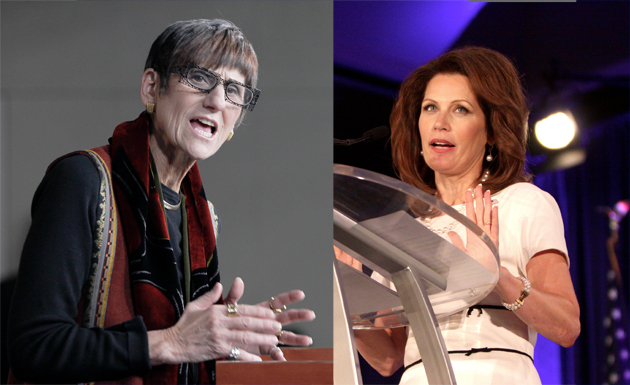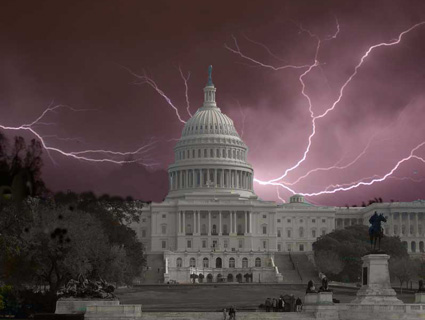This story originally appeared on Huffington Post and is republished here as part of the Climate Desk collaboration.
WikiLeaks published a leaked draft of the environment chapter of the Trans-Pacific Partnership on Wednesday, and environmental groups are lining up to take a swing.
The leaked documents come from a meeting of the trade deal’s chief negotiators held in Salt Lake City, Utah, from Nov. 19 to 24, 2013. The Trans-Pacific Partnership (TPP) includes 12 countries-the United States, Japan, Mexico, Canada, Australia, Malaysia, Chile, Singapore, Peru, Vietnam, New Zealand and Brunei-and would govern a number of international environmental and trade issues.
The draft indicates the pact will include a number of promises on the environment, but will lack strong enforcement tools. “When compared against other TPP chapters, the Environment Chapter is noteworthy for its absence of mandated clauses or meaningful enforcement measures,” wrote WikiLeaks in its release. The chapter is intended to deal with issues like overfishing, trade of wood products, wildlife crime, and illegal logging. But most of the measures in the chapter are voluntary, rather than binding, and do not include penalties or criminal sanctions for violations. Compliance is largely left to the respective countries.
Enviros offered similar criticism. “The lack of fully-enforceable environmental safeguards means negotiators are allowing a unique opportunity to protect wildlife and support legal sustainable trade of renewable resources to slip through their fingers,” said Carter Roberts, president and CEO of the World Wildlife Fund, in a statement.
The leaked document from November is only a draft, but if the trade pact’s final environmental chapter looks like it, it would make the Obama administration’s environmental trade record “worse than George W. Bush’s,” said Michael Brune, executive director of the Sierra Club. “This draft chapter falls flat on every single one of our issues–oceans, fish, wildlife, and forest protections–and in fact, rolls back on the progress made in past free trade pacts.”
According to a report from the chairs of the TPP Environmental Working Group drafting the chapter, also released by WikiLeaks, there remains significant disagreement among the parties on many of the pact’s provisions. The chairs wrote that Vietnam, Peru and Malaysia object to a provision calling for countries to “rationalize and phase out” fossil fuel subsidies “that encourage wasteful consumption.” They also noted that the United States and Australia object to the climate change portion of the pact as it is written.
Negotiation of the pact has been underway since 2010, but all discussions take place entirely outside of public view. The Obama administration has already received backlash for leaked portions of the pact that indicate it would grant greater rights to corporations to challenge national laws in private courts.
Efforts to fast-track the trade deal met resistance from Democrats in Congress this week.
The Office of the United States Trade Representative did not respond to a request for comment on the documents.
















